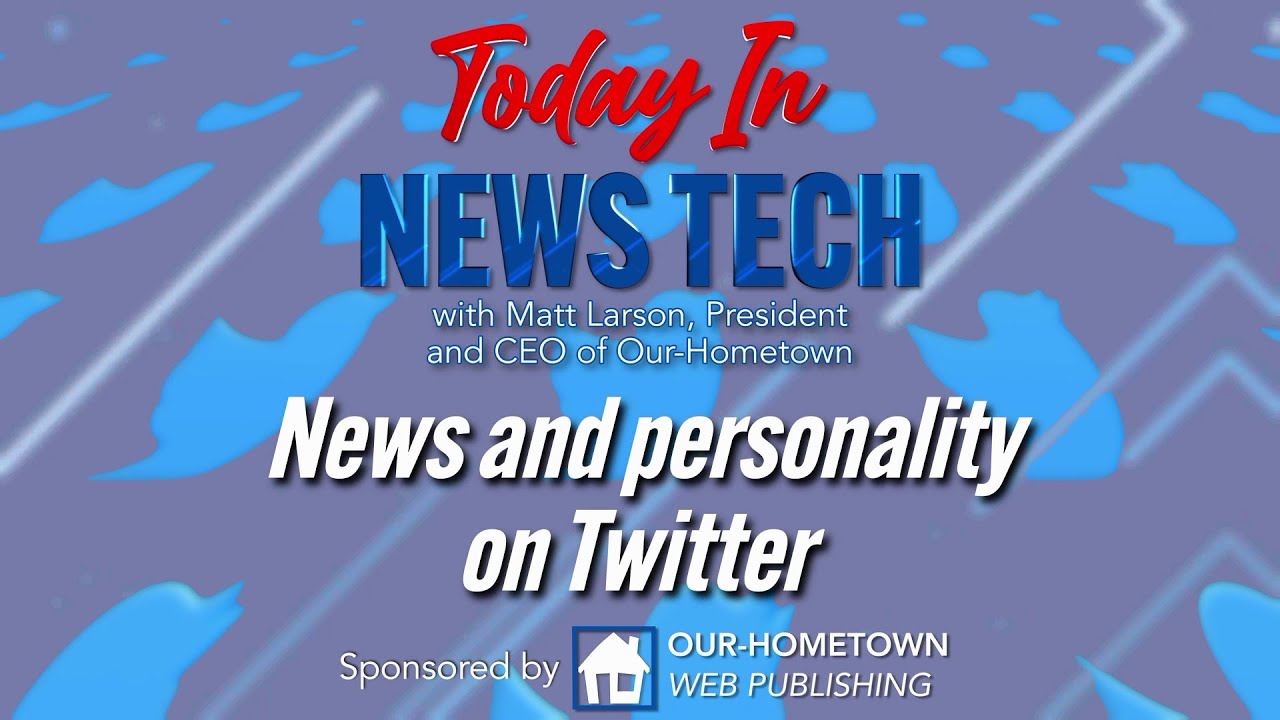
Gizmodo Change of Hands: A New Era for Tech Reporting
In the ever-evolving landscape of technology journalism, the recent announcement that Gizmodo has been sold for the third time in eight years has stirred up considerable buzz. This iconic publication, once pivotal in shaping tech discourse, is now under the guidance of the European publisher Keleops, who seeks to amplify its influence in the digital space.
 Gizmodo: A legacy of tech journalism
Gizmodo: A legacy of tech journalism
Keleops, based in Switzerland, aims to leverage Gizmodo’s rich history and content to broaden its audience reach. They haven’t disclosed the financial details of the acquisition, which interestingly is reminiscent of Gizmodo’s checkered past—originally part of a $135 million deal in 2016 when Univision Communications acquired Gawker Media after its messy bankruptcy drama involving Hulk Hogan. This complexity adds a layer of intrigue to the Gizmodo saga, and the tech community is watching closely.
The Rollercoaster Ride of Gizmodo
Gizmodo’s tumultuous journey reflects the larger shifts in the media industry. Dipping into a history that includes memorable moments like the infamous iPhone 4 prototype scandal, Gizmodo has maintained its relevance by consistently delivering cutting-edge news and reviews. In 2010, when the site published a story that wrongfully painted it as a tech pirate in the eyes of Apple’s then-CEO Steve Jobs, it established a legacy of remaining at the forefront of technology.
With each ownership change—Univision’s sale to Great Hill Partners in 2019, and now Keleops—Gizmodo has faced both challenges and opportunities. Commenting on the latest sale, G/O Media CEO Jim Spanfelle noted it was sold for “substantially more” than its prior valuation, hinting at a revitalization in its brand worth.
A Strategic Vision for the Future
Keleops’ CEO, Jean-Guillaume Kleis, has outlined a traditional business strategy for Gizmodo, aimed at scaling its operations and maximizing the publication’s goodwill and audience base. Kleis seems committed to preserving Gizmodo’s editorial integrity while expanding its reach. His assertion that “the combination of Keleops’ unique digital know-how and Gizmodo’s rich content will greatly benefit both our audiences and our partners” signals ambitious plans.
 Expanding into new digital territories
Expanding into new digital territories
I can’t help but feel a sense of nostalgia for what Gizmodo once represented—a fearless voice in technology. As digital entrepreneurs like Kleis step into this role, I’m hopeful that they will honor that legacy while navigating the modern challenges of media.
The Importance of Editorial Independence
In the statement announcing the acquisition, Spanfelle emphasized that Gizmodo’s editorial team will remain unchanged. This promise of stability is vital, not just for the publication’s integrity but also for its loyal readership. In an era fraught with misinformation, maintaining an experienced editorial staff can be a beacon for truth and reliability in tech journalism.
But can Keleops truly avoid the pitfalls that have plagued many media transitions? The history of tech journalism is dotted with examples of acquisitions falling prey to the financial pressures of parent companies, often sacrificing quality for profit margins. As a reader, I find myself holding my breath, optimistic yet cautiously skeptical.
Reflecting on the Past, Looking Toward the Future
In conclusion, while Gizmodo’s change in ownership marks a new chapter, it is crucial for all of us—tech enthusiasts, consumers, and loyal readers—to continue holding such platforms accountable. Will Gizmodo take the charge in embracing innovation while maintaining its investigative spirit? The next year will be telling, as we watch how the blend of European savvy meets American tech culture.
If Keleops can leverage the established credibility of Gizmodo while imbibing fresh, innovative ideas, the site could reclaim its position as a leading authority in technology. It’s a thrilling, if not a bit precarious, adventure ahead for Gizmodo.
As the tech world continuously evolves, I, for one, am eager to see how this iconic brand will navigate its future under new stewardship.
 The future landscape of tech journalism
The future landscape of tech journalism
Final Thoughts
Gizmodo’s tale is one of resilience and rebirth, echoing the challenges faced by media in the 21st century. Whether you are a long-time fan or a newcomer, the upcoming changes serve as a reminder of the enduring impact quality tech journalism can have. Let’s keep the conversation alive and engaging as we observe this new dawn for Gizmodo!














